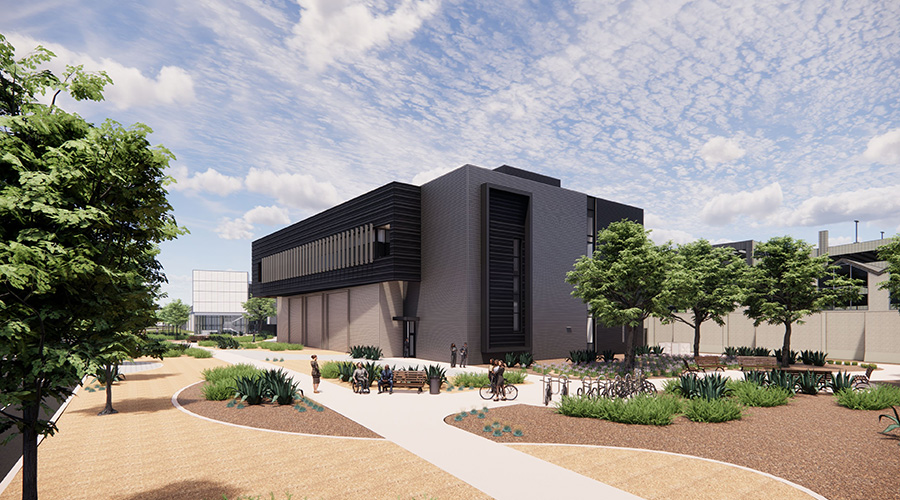On December 31, 2017, Florida will transition to a new building code with updated guidelines for automatic receptacle control, electrical energy monitoring, lighting control provisions and requirements for additional efficiency package options. Changes for lighting control in the 2017 Florida Building Code – Energy Conservation, or known as the 6th edition, include regulations for automatic daylight-responsive controls, occupancy sensor controls, and exterior lighting.
Amendments to the energy conservation portion of the building code can require dense reading with code references which can be hard to follow on first look. That’s why Harold Jepsen, Vice President of Standards and Industry, Building Control Systems at Legrand has outlined the biggest changes to the lighting and power control provisions:
- Automatic Daylight-Responsive controls are now required for sidelight and toplight daylight zones, as opposed to the 2014 Florida Building Code which allowed manual switch controls.
- Occupancy sensor controls used for automatic lighting shut-off have been expanded to include copy/print rooms, lounges, locker rooms, and warehouse spaces on top of the other eight spaces previously required by the 2014 code.
- When unoccupied, warehouse aisles and open area lighting must now be reduced by at least 50 percent.
- Building façade and landscape lighting is required to be control independent of all other site and parking lot lighting and must turn on and off as a function of the building’s use times.
- All other lighting that is not façade and landscape must reduce its lighting by at least 30 percent either between midnight and 6 a.m.or one hour before business closing, whichever comes first.
- Automatic receptacle control provisions have expanded, now requiring spaces such as conference rooms, print/copy rooms, break rooms, classrooms, and individual work stations to automatically shut off 50 percent of the receptacles when no one is occupying those spaces.
- The new version of the code adds one more lighting specific item to its Additional Efficiency Package Options.
As a result of these changes, Florida will see a compelling leap in energy efficiency and reduction in energy use across all commercial facilities.
Florida Building Codes are uniformly adopted statewide for all local jurisdictions, and is updated, by rule, every three years to adopt the most current International Energy Conservation Code (IECC). The 2017 Florida Building Code for commercial buildings follows the 2015 IECC model energy code and, with a few amendments, including the automatic receptacle control and electrical energy monitoring provisions from ASHRAE 90.1. The code also permits ASHRAE 90.1-2013 to be followed as an alternative path of compliance.
For more information about the latest energy codes including the 2017 Florida Building Code, please visit: https://www.legrand.us/wattstopper/government/energy-codes-and-efficiency.aspx.

 Grounding Healthcare Spaces in Hospitality Principles
Grounding Healthcare Spaces in Hospitality Principles UC Davis Health Selects Rudolph and Sletten for Central Utility Plant Expansion
UC Davis Health Selects Rudolph and Sletten for Central Utility Plant Expansion Cape Cod Healthcare Opens Upper 2 Floors of Edwin Barbey Patient Care Pavilion
Cape Cod Healthcare Opens Upper 2 Floors of Edwin Barbey Patient Care Pavilion Building Sustainable Healthcare for an Aging Population
Building Sustainable Healthcare for an Aging Population Froedtert ThedaCare Announces Opening of ThedaCare Medical Center-Oshkosh
Froedtert ThedaCare Announces Opening of ThedaCare Medical Center-Oshkosh